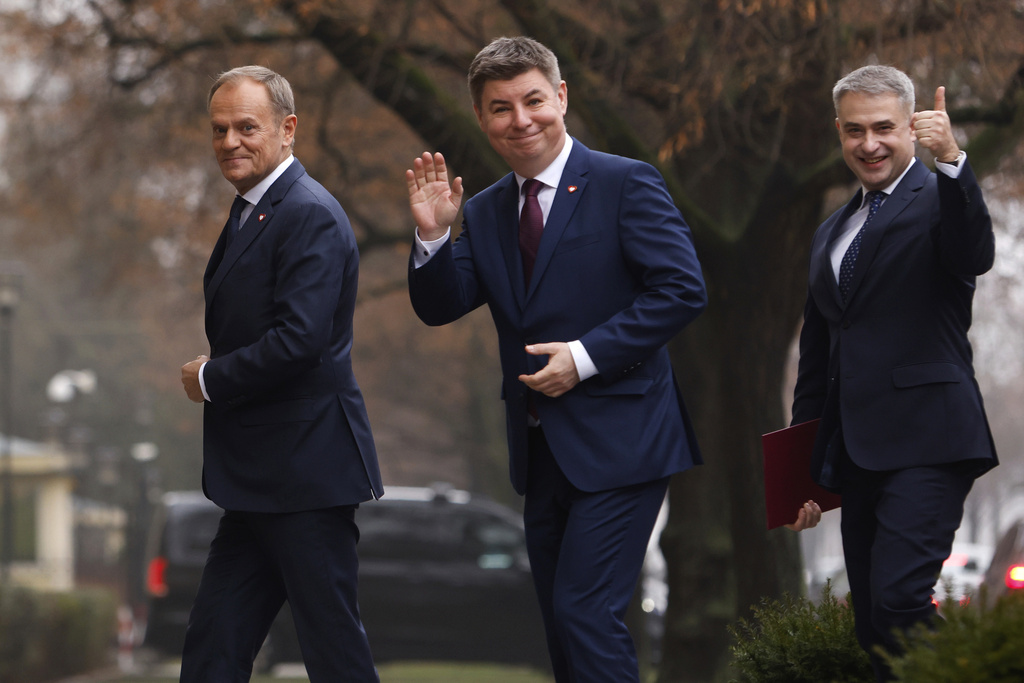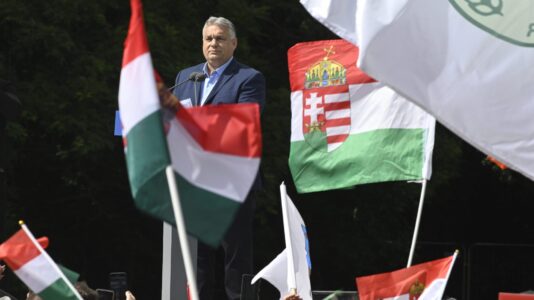The left-liberal Civic Platform (PO), led by Donald Tusk, is viewed as the most “pro-Russian” political party in Poland, according to a poll published on Monday by United Surveys for commercial radio RMF FM and Dziennik Gazeta Prawna daily.
The poll asked participants which political party they believed had the closest ties to Russia.
Civic Platform topped the list with 30.1 percent of respondents viewing it as the most “pro-Russian,” followed by the Law and Justice party (PiS) at 23 percent and the Confederation party at 16.2 percent.
Participants were also asked about the areas where they perceive Russian influences within Poland. Politics was seen as the most affected area, with 40.8 percent of respondents noting Russian influences, followed by the business sector (31.5 percent) and media (25.7 percent). Additionally, 20.9 percent of participants saw Russian influences in the judiciary system, while 24.6 percent did not identify any area specifically impacted by a Russian presence.
Moreover, when asked which party could best ensure Poland’s security, the Civic Platform led with 27.9 percent, closely followed by PiS at 25.9 percent, and the Confederation at 14.2 percent. This survey reflects the ongoing political rhetoric and accusations among parties in Poland, especially since the intensification of these claims following Russia’s invasion of Ukraine in February 2022.
The history of accusing political rivals of being pro-Russian shows no sign of abating in Polish politics, but it intensified with the Russian invasion of Ukraine in February 2022. Since then, more than one Polish politician has heard from competitors vying for votes that they are a “Russian agent,” a “friend of Putin,” or a “Russian stooge,” or that their statements are written in Cyrillic at the Kremlin.
On Friday, May 31, a fake news report appeared on Poland’s national news agency, PAP, claiming that Prime Minister Donald Tusk was mobilizing 200,000 men starting on July 1. According to authorities, it was probably the work of Russia-sponsored hackers and was designed to interfere with the upcoming European Parliament election.
On Wednesday, June 5, the first session of the commission to investigate Russian and Belarusian influences and the presentation of its members will take place, announced the Minister of Interior Tomasz Siemoniak.






